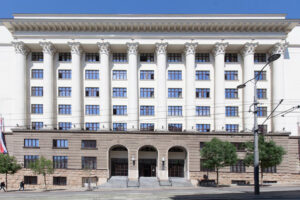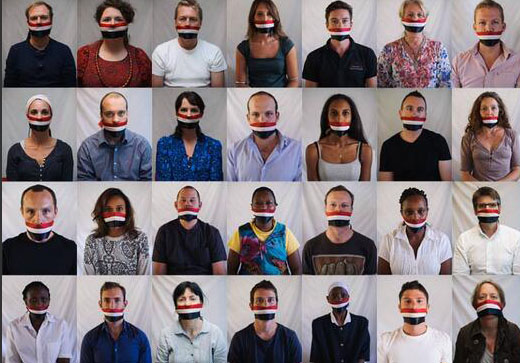
Jun 24, 2014 | News
The ICJ deplores the wave of recent decisions by Egyptian officials and courts that aim to silence journalists, human rights defenders, political activists and all those suspected of opposing the military and the government.
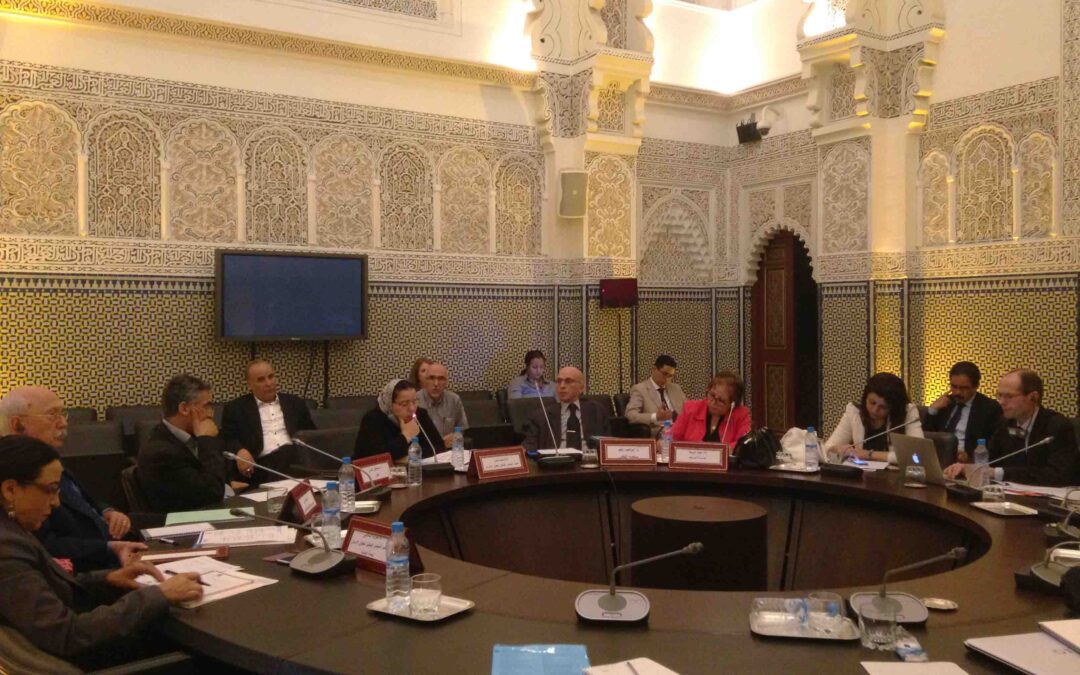
Jun 23, 2014 | News
An ICJ delegation including ICJ Commissioners Justice Philippe Texier and Professor Olivier De Schutter concluded a one-week mission in Morocco to discuss access to justice for social rights in the country.
During its stay, the ICJ delegation met with various public authorities and civil society actors.
Among these meetings, the ICJ organized a round table discussion together with the Conseil National des Droits de l’Homme, and a discussion with civil society together with the Organisation Marocaine des Droits Humains and the Friedrich Ebert Foundation.
All the meetings allowed to discuss the normative advances as well as the remaining difficulties in the implementation of Morocco’s international obligations in the area of economic, social and cultural rights, including the obligation to guarantee effective mechanisms for the remedy and reparation of violations of these rights when they occur.
In this latter field, weaknesses have been identified in law and practice, with important efforts still to be realized in strengthening an institutional framework that is able to inquire, sanction and redress violations of ESCR.
During the discussions and consultations, the ICJ paid particular attention to the situation of marginalized and disadvantaged individuals and groups, including those who work in, and live around, free trade zones and areas for export-oriented agricultural production.
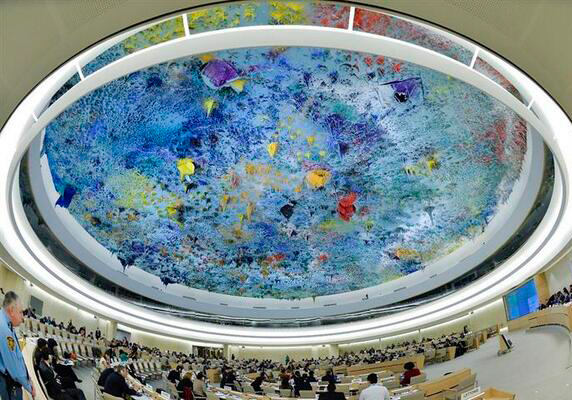
Jun 23, 2014 | Advocacy, Non-legal submissions
The ICJ has delivered an oral statement on the independence of judges, prosecutors and lawyers in Venezuela, at the UN Human Rights Council in Geneva.
Referencing its report, Strengthening the Rule of Law in Venezuela, the ICJ discussed the failure by Venezuelan authorities to respect institutional guarantees for the independence and impartiality of the judiciary and prosecutors, as well as undue interference with individual judges, prosecutors and the legal profession. The ICJ highlighted the lack of security of tenure for most judges and virtually all prosecutors in Venezuela, and how the insecurity is amplified by cases of reprisal such as against Judge María Lourdes Afiuni Mora.
The ICJ urged Venezuelan authorities to take concrete measures to restore the rule of law and ensure the protection of human rights in Venezuela, in meaningful dialogue with civil society, and for other states to encourage Venezuela to do so.
The oral statement can be downloaded in full in PDF format here: ICJ-HRC26-Item4-Venezuela-OralStatement2-Advocacy-non-legal submission-2014
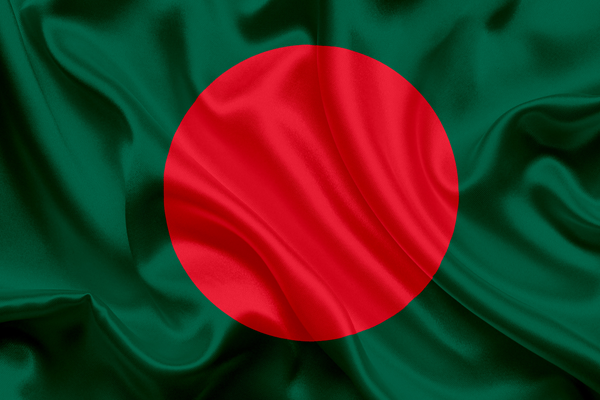
Jun 20, 2014 | Events
The ICJ’s International Legal Adviser, Reema Omer, participated in a panel discussion on ‘Rule of Law in Bangladesh’, convened on 19 June 2014 in the margins of the Human Rights Council’s 26th regular session in Geneva.
The event was co-sponsored by the Asian Legal Resource Centre, CIVICUS, FIDH, OMCT and Human Rights Watch and was moderated by Mr Mandeep Tiwana, Head of Policy and Research for CIVICUS. Panelists included Mr Adilur Rahman Khan, Secretary of Odhikar; Mr M.D. Ashrafuzzaman, Urgent Appeals Programme Coordinator of the Asian Legal Resource Centre; Mr Gerald Staberock, Secretary General of OMCT; and Ms Reema Omer, International Legal Adviser of the ICJ’s Asia Pacific Regional Programme.
The ICJ’s intervention focussed on the incompatibility of the Bangladesh Information and Communication Technology Act 2006 (ICTA) and its 2013 amendments with international human rights law and standards. Based on the ICJ’s briefing paper on the ICTA from November 2013, and referring to recent cases, Reema Omer highlighted how the Act and its amendments amount to an assault on the freedom of expression and a stifling of public discourse. Her intervention also spoke of the judiciary’s responsibility to prevent such attacks on freedom of expression.
Bangladesh-ICT-Brief-2013 (download the ICJ’s briefing paper on the ICTA)
ICJ press release of 20 November 2013 concerning the ICTA
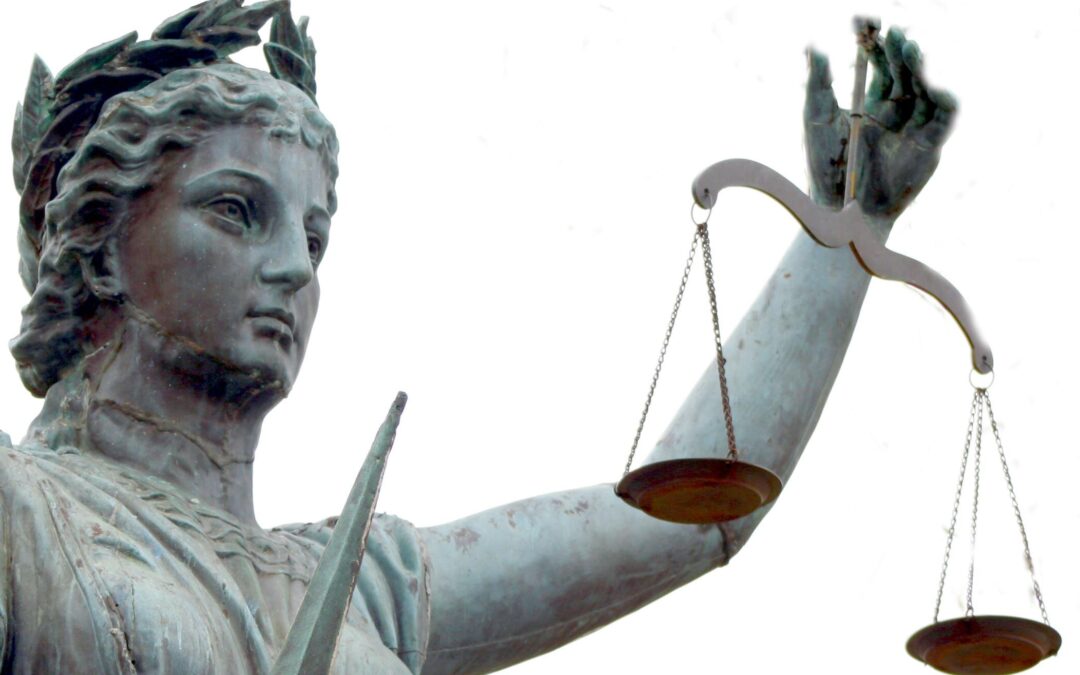
Jun 18, 2014 | News
The ICJ’s Centre for the Independence of Judges and Lawyers (CIJL) has launched the first in a series of Country Profiles, a new online tool on the ICJ’s website.
Profiles on Myanmar, the Russian Federation, South Sudan and Swaziland are being published today.
Tunisia, Venezuela and Honduras will be added in the coming months.
By the end of 2014, all five regions in which the ICJ is active will be represented (Asia-Pacific, Africa, Europe, Latin America, MENA). The CIJL plans to add further countries on an on-going basis, and periodically to update existing profiles.
Each profile summarises information about the independence of judges, lawyers and prosecutors in the country, and assesses the situation against relevant international law and standards.
The profiles aim to provide users, including legal professionals, academics, government officials and human rights defenders, with material in an accessible format which can also be used for further analysis.
The profiles reflect the efforts of the CIJL and other ICJ programmes to monitor the independence and accountability of judges, lawyers and prosecutors in certain countries, particularly those where their independence is threatened or under attack.
Moreover, the profiles provide reference points on the laws and the standards applicable to the independence of judges and lawyers and the administration of justice in each country.
The profiles can be accessed from the ICJ webpage for the Centre for the Independence of Judges and Lawyers.
They are available as an interactive database on the ICJ’s website, and can also be downloaded in PDF format.









